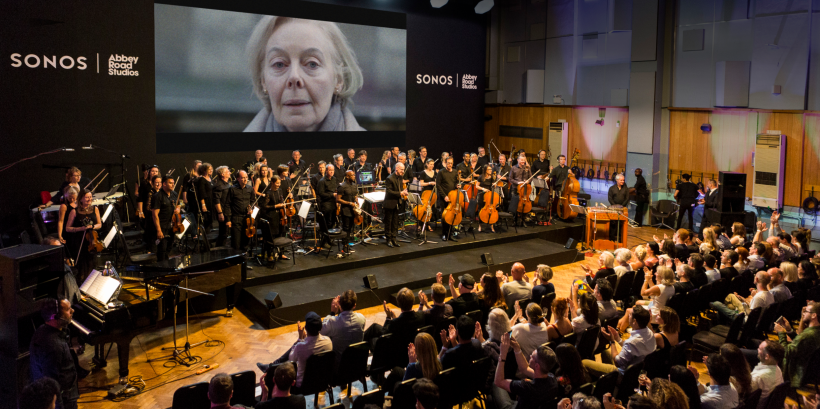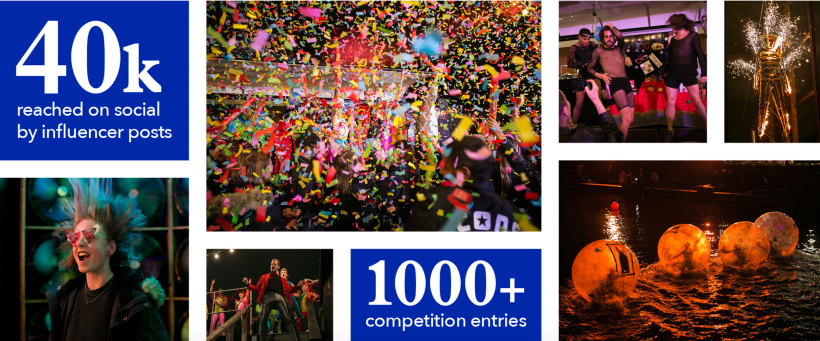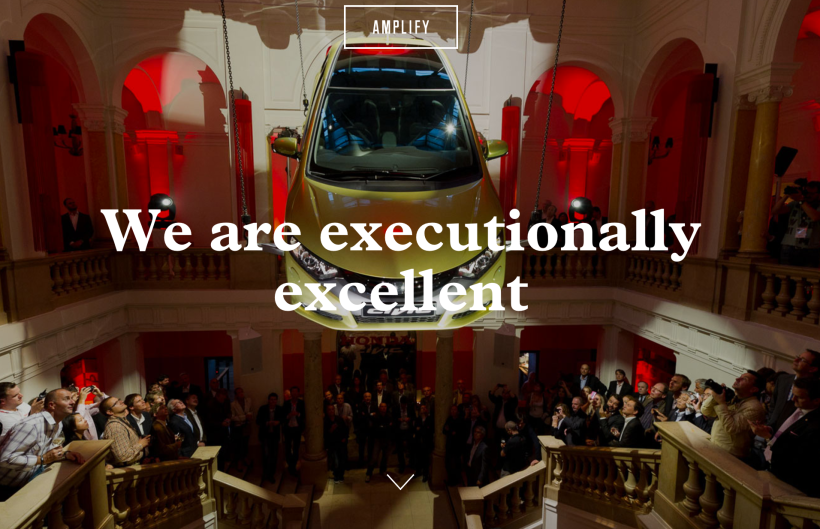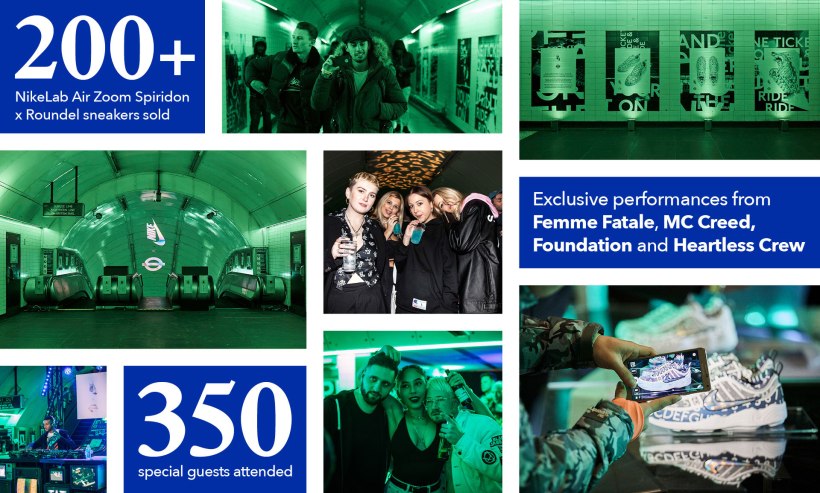“Why has it taken this long for industry insiders to wake up and smell the coffee by recognising that brand experiences go way beyond low-rent Nescafé sampling campaigns at the local supermarket?” (1), asks Jonathan Emmins, founder of brand experience agency Amplify. In his article for Campaign, he’s not only asking the right questions but also discussing them from a pretty cyber realist point of view. The summary of his perspective in one sentence? Digitisation will never replace physicality.
He states Amazon as an example of a leading digital business that has realized the audience’s need for tangibility and thus investing in bricks-and-mortar stores. So why did it take so long when the answer is in the very nature of people: We need to experience brands, products (and sometimes other people) and interact with them in a physical way in order to connect and identify at a more profound level. As much as Amazon might be one of the most comfortable e-commerce businesses for customers nowadays, they still need to materialise in flesh and bones in order to ensure their future ability to compete in the ‘experience economy’ (2), where people have long started to put the emotional value at least at the same level as, or even above the rational one.
Due to this fact, many brands try to create meaningful experiences through their stores, offices, events and stunts, but only the best amongst them are able to give their audience a memorable experience that lasts and one that is worth sharing beyond social media channels. A fashion brand collaborating with a big museum, hosting an after-party for a certain exhibition and giving away goody bags at the exit might be delightful for the visitors and people might share pictures from the event online, but is it enough? Is it even suited and authentic? People will soon forget about it and move on to the next branded event that they’ll post on their Instagram stories, while the previous events get buried by overproduction in the digital sphere. And then there’s the question about the term ‘experience’ itself. What is an experience? Are collaborative events, bricks-and-mortar stores and the use of new technologies such as augmented reality really the best the ad industry can do? Where is touch, smell and authenticity in all of this? An experience is more than what Amazon is planning with its stores. An experience is more than a social media post. A true human experience is a rollercoaster, it’s adrenaline, it’s falling in and out of love. How can experiential marketing be that meaningful?
Just as any idea created in advertising, experiential marketing has to be authentic and distinctive. To reach that aim, it has to be experimental. Experimental means thinking outside of the box and remixing contexts through trying something completely new out of the old. Experimental experiential marketing is about more than just creating an experience. It is about interacting with the audience in an astonishing way and making them feel the brand not only through the chosen tools and venues but through real and meaningful connection and interaction amongst people.
Returning to Jonathan Emmins, I think the work his agency does is an interesting example and a first step in the right direction of how to experiment with experiential marketing for brands in order to create a meaningful experience. Here are some case study excerpts from the website of Amplify that speak for themselves (3).




Sources:
(1) Emmins, J. (2017). Welcome to experiential’s golden age. Campaign, [online]. Available at: https://www.campaignlive.co.uk/article/welcome-experientials-golden-age/1445787 [Accessed 28 October 2017].
(2) Gilmore, J., Pine II, B.J. (1998). Welcome to the Experience Economy. Harvard Business Review, [online]. Available at: https://hbr.org/1998/07/welcome-to-the-experience-economy [Accessed 26 October 2017].
(3) Amplify (2017). Work – the idea is only as good as the execution. [online] Available at: http://www.weareamplify.com/work/ [Accessed 21 October 2017].